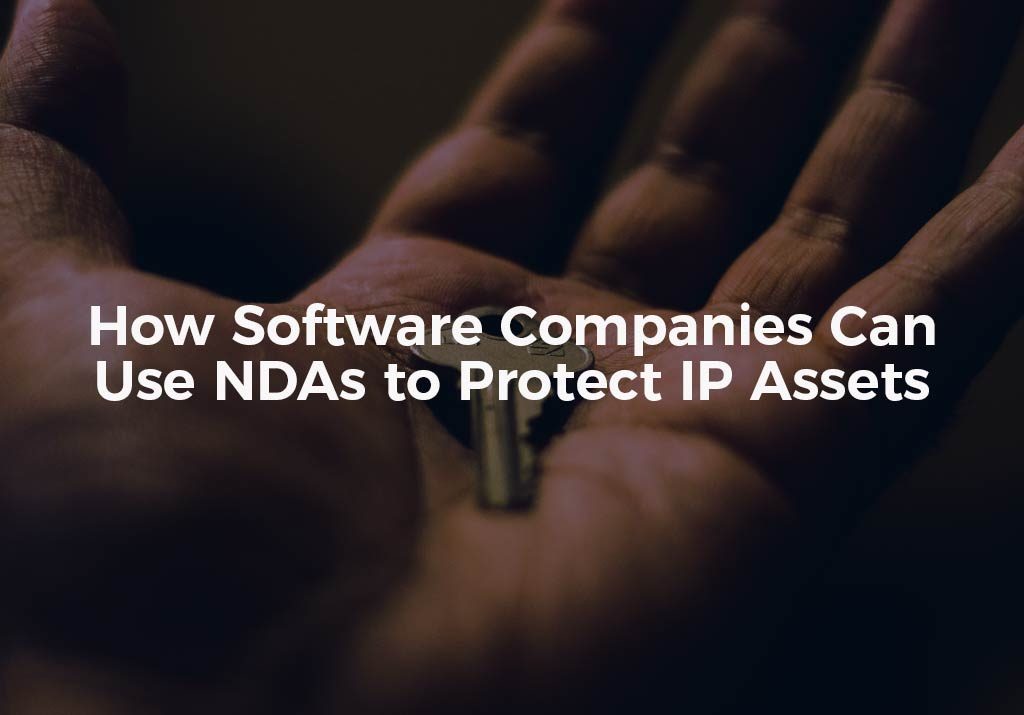In the software industry, a lot of intellectual property assets carry value due to the simple fact that others, such as competitors, do not know what you and your company know. For instance, in the case of code and algorithms that are protected as company trade secrets, legal protection only exists so long as the code and algorithms are kept secret and are generally not known by others. Similarly, in the case of inventive software processes, it is best practice to keep the contents of your patent application filings secret until the patent application is published by the United States Patent and Trademark Office (USPTO).
With secrecy being so important when it comes to IP assets, many software companies look for ways to help protect their IP assets from being disclosed. One tool that is effective for protecting IP assets in this way is a non-disclosure agreement (NDA).
What is an NDA?
A NDA is a confidentiality agreement, or contract, that binds a party from sharing certain designated company information without permission. A confidential relationship is formed between the parties who are subject to the NDA, where the parties share proprietary or secret information. NDAs can be used to protect any type of valuable information. Anything from company trade secrets, proprietary software code, algorithms that provide a competitive advantage, client lists, or new product development, can be covered in a NDA.
NDA agreements are typically used by software companies to legally bind their employees and other third parties that they work with, such as a business partner, contractors, vendor, supplier, etc., from speaking about, disclosing or sharing information related to the company’s IP assets and other proprietary information about the company without prior authorization. It is not uncommon to see NDAs as part of an employment agreement or as a condition of working with a third party.
Effective NDAs often include provisions that:
- Clearly identify the parties that are subject to the NDA.
- The specific types of information that must be maintained in confidence.
- Whether there is any specific information that is exempt from the confidentiality agreement.
- How long the NDA will be in effect.
Software companies can derive a lot of value from the use of NDAs with their employees or anyone else who works with the company. An ounce of prevention can be worth a pound of cure when it comes to protecting valuable business information and IP assets. It is much easier to put a NDA in place at the outset of a relationship with a new employee or business partner than it is to litigate the loss of confidential or proprietary business information.



